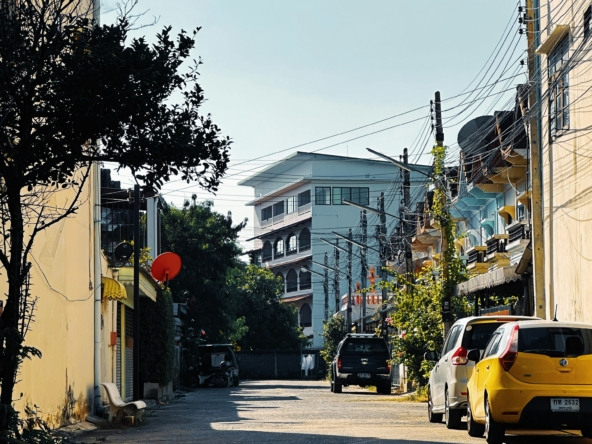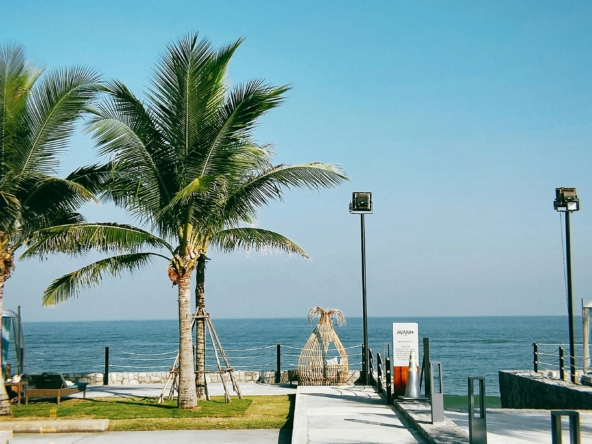Thailand’s vibrant property market attracts many foreign investors and expats looking for a holiday home, retirement residence, or investment opportunity. However, navigating Thai property laws can be complex for foreigners due to restrictions and regulations unique to Thailand. If you’re considering buying property here, especially in popular areas like Hua Hin, understanding the legal framework is essential for a smooth purchase.
Here’s what foreign buyers need to know about Thai property laws.
1. Foreigners Cannot Own Land Directly
One of the fundamental rules in Thailand is that foreigners are generally not allowed to own land. Land ownership is restricted to Thai nationals or Thai-registered companies. This means that if you’re a foreigner, you cannot simply buy land in your name.
What can foreigners own?
-
Condominiums: Foreigners can legally own up to 49% of the total unit space in a condominium building. Buying a condo unit freehold is straightforward, provided the condominium project meets this foreign ownership quota.
-
Leasehold: Foreigners can lease land or property for up to 30 years, with options to renew. This is a common way to “own” a villa or house on leased land.
2. Buying Condos: The Simplest Option
For foreign buyers, purchasing a condo is the most common and legally secure way to own property in Thailand. When buying a condo:
-
Verify the project’s foreign ownership quota (it must have less than 51% foreign ownership for you to buy).
-
Ensure the building is registered with the Land Department.
-
Check all necessary documents, such as the title deed and the condo juristic person’s registration.
3. Leasehold Agreements for Houses and Villas
If you want to buy a standalone house or villa, you’ll often need to consider a long-term leasehold agreement on the land. Leases are typically for 30 years, with possible extensions. While leaseholds don’t grant ownership, they do give you legal rights to use the property for the lease period.
4. Using Thai Companies to Own Land: Proceed with Caution
Some foreigners consider setting up a Thai company to buy land. While possible, this is complex and risky:
-
The company must be majority-owned (at least 51%) by Thai nationals.
-
The company must operate a genuine business (not just landholding) to avoid legal issues.
-
The Thai owners are often “nominees,” which can cause legal and financial complications.
It’s strongly advised to get professional legal advice before taking this route.
5. Funds Transfer and Currency Regulations
To buy property in Thailand legally as a foreigner, the funds must be transferred from abroad and recorded in foreign currency (usually USD) to Thai Baht by a Thai bank. This is documented with a Foreign Exchange Transaction Form (FET), which is required for registering ownership.
6. Due Diligence and Legal Assistance Are Crucial
Property laws in Thailand can be complex, and contracts may be in Thai. Always:
-
Hire a reputable lawyer to review contracts and assist with due diligence.
-
Verify the seller’s ownership and the property’s legal status.
-
Check for any debts, mortgages, or disputes attached to the property.
Final Tips for Foreign Buyers
-
Consider starting with a condominium purchase for a straightforward transaction.
-
If buying a house, explore leasehold options or consult legal experts for safe ownership structures.
-
Always work with licensed real estate agents and trusted legal counsel.
-
Understand your visa and residency status, which may affect your property plans.
Buying property in Thailand can be a rewarding experience if you understand the rules and plan carefully. If you’re interested in Hua Hin real estate or want to discuss your options, feel free to contact us for expert advice and tailored property listings!




